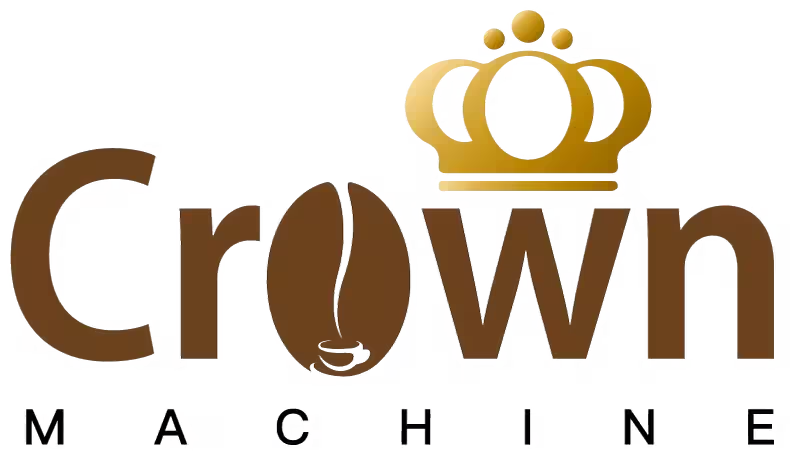There are advantages and disadvantages to purchasing coffee grinders through different channels. The following is a comparative analysis from three aspects: online channels, offline channels, and second-hand channels, and provides purchasing suggestions:
Online channel
Advantage
Rich choices: The online platform brings together a wide range of brands and models. Whether it’s high-end professional styles or affordable ones, you can easily find them, meeting the diverse needs of different consumers.
Price transparency: Consumers can conveniently compare the prices of different merchants and also view the historical price trends of products, so as to make a purchase when the price is right and avoid being misled by high prices.
Evaluation reference: The genuine evaluations and feedback from other buyers can provide important references for purchasing decisions, helping consumers understand the actual usage effects, advantages and disadvantages, and other information of the product.
Convenient delivery: Online shopping supports door-to-door delivery service, saving consumers time and energy. It is especially suitable for busy office workers or consumers who do not have physical stores near their residences.
Disadvantage
Unable to experience it in person: Consumers cannot try out the product themselves and cannot directly feel the appearance texture, operation convenience and grinding effect of the grinding machine, etc. There may be a situation where the received goods do not meet expectations.
High after-sales communication costs: If there are product quality issues or after-sales service is needed, it may be necessary to communicate with the merchant through means such as phone calls or online customer service, which incurs high communication costs and may result in a longer processing period.
There is a risk of counterfeit and shoddy products: The online market is a mixed bag, and some unscrupulous merchants may sell counterfeit and shoddy products. Consumers need to spend more time and energy to distinguish the credibility of merchants and the authenticity of products.
Offline channels
Advantage
Personal experience: Consumers can visit the store in person to try out different models of grinding machines, experiencing the fineness of grinding, the smoothness of operation, and the level of noise, etc., thereby more accurately judging whether the product meets their needs.
Professional consultation: Salespeople in physical stores usually receive professional training and can provide targeted advice based on consumers’ needs and budgets, helping them select suitable products.
Immediate after-sales service: If there is a problem with the product, consumers can directly come to the store to seek after-sales service. Repairs, replacements and other handling are relatively more timely, reducing waiting time.
Disadvantage
Limited choices: The display space in physical stores is limited and may not cover all brands and models, leaving consumers with a relatively narrow range of choices.
Prices may be higher: As physical stores need to bear costs such as rent and labor, the prices of goods may be slightly higher than those online, and consumers may not be able to enjoy some of the promotional activities available online.
It takes time to get there: Consumers need to set aside time specifically to visit physical stores. If the store is far away, it will also increase transportation costs and time costs.
Second-hand channel
Advantage
Low price: The price of second-hand grinding machines is usually much lower than that of brand-new products. For consumers with limited budgets, it is an economical and practical choice.
It is possible to find rare styles: On some second-hand trading platforms or markets, you may come across some discontinued or limited edition grinders, which can meet the collection needs of some consumers.
Disadvantage
Quality is hard to guarantee: The usage conditions and wear and tear of second-hand products vary greatly, making it difficult for consumers to accurately assess their quality status. There may be hidden problems or potential faults.
Lack of after-sales guarantee: Most second-hand goods do not offer official after-sales service. Once a problem occurs, consumers may have to bear the repair cost themselves, which is relatively difficult and costly.
Transaction risks: There are some untrustworthy sellers in the second-hand trading market, who may pass off inferior goods as good ones or make false claims. Consumers need to be cautious in distinguishing them to avoid being deceived.
Purchase suggestions
Online channels: Suitable for consumers who have a certain understanding of the product, pay attention to price and have diverse choices. When making a purchase, it is recommended to choose a legitimate e-commerce platform and a reputable merchant. Carefully check the product details, user reviews and after-sales policies.
Offline channels: Suitable for consumers who have high requirements for product experience, need professional advice and immediate after-sales service. Before going to a physical store, you can first learn some product information online to have a clear idea.
Second-hand channels: Suitable for consumers with limited budgets, certain discrimination abilities, and no concern about product usage marks. When purchasing a second-hand grinding machine, be sure to ask the seller to provide detailed product information and usage conditions. It is best to inspect the goods on the spot to ensure that there are no quality issues with the products.


